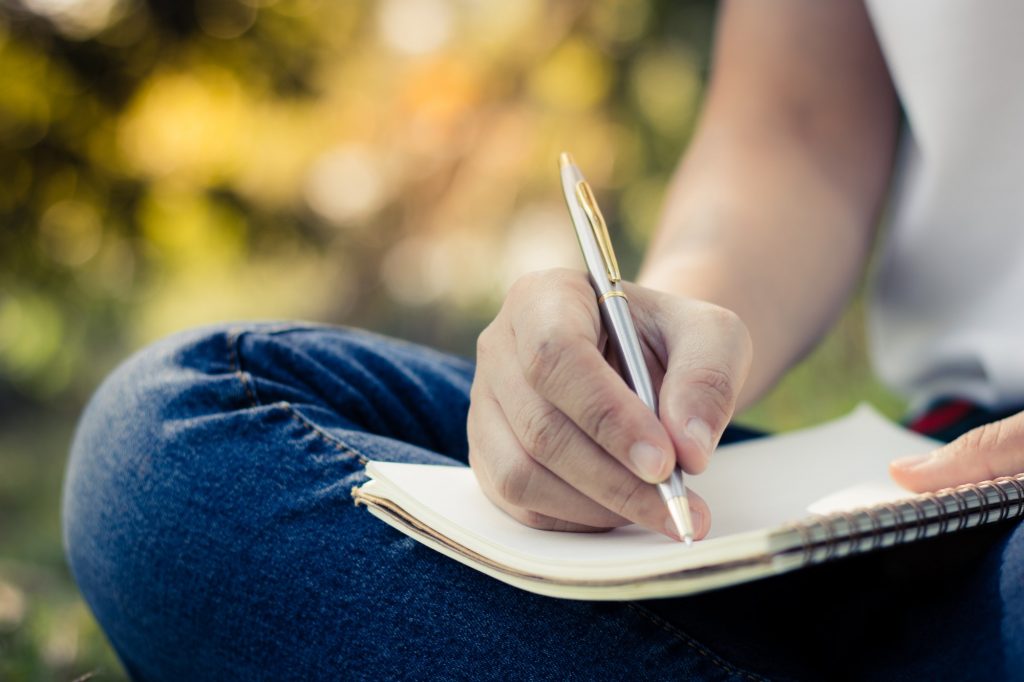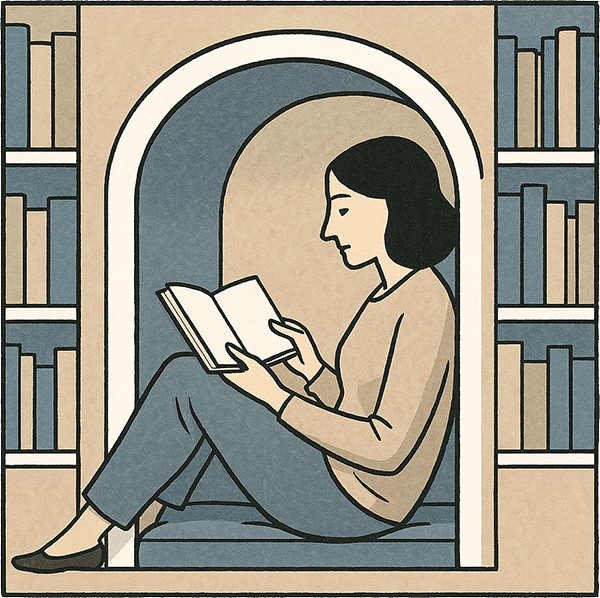| Editing Technique | Benefits | Challenges | Best Practices |
| Read Aloud | Identify awkward phrases, rhythms, or sounds | May overlook deeper structural issues | Read multiple times, record and listen to playback |
| Check for Clarity | Ensures each line conveys intended meaning | Risk of oversimplifying | Simplify complex phrases, ask someone else to review |
| Focus on Imagery | Strengthens imagery with vivid language | Avoiding clichés | Use specific, original images, avoid overused expressions |
| Examine Structure | Enhances rhythm, flow, visual appeal | Balancing form and content | Assess line breaks, stanza lengths, and overall form |
| Revise for Conciseness | Tightens poem by eliminating unnecessary words | Losing essential details | Ensure each word serves a purpose |
| Pay Attention to Sound | Creates a harmonious auditory experience | Overemphasis on sound elements | Balance rhyme, alliteration, and assonance |
| Seek Feedback | Provides new perspectives | Finding unbiased, constructive feedback | Share with trusted peers or editors, engage with writing groups |
Common Challenges in Poetry Editing
| Challenge | Suggested Solutions |
| Overattachment to Drafts | Experiment with changes, view editing as a creative process |
| Balancing Form and Freedom | Decide when to adhere to traditional structures or break rules |
| Maintaining Consistency | Multiple revisions, ensure each line contributes to overall mood |
| Finding Objective Feedback | Engage with writing groups, seek professional editors |
Editing poetry presents unique challenges, but each one is an opportunity for growth. One common hurdle is overattachment to original drafts. Poets often need help to make changes, fearing they will alter the essence of their work. Overcoming this requires experimenting and viewing editing as a creative process, a journey that can lead to a more refined and powerful piece of poetry.
Another challenge is balancing form and freedom, a task that can be approached with a sense of liberation. Poets must decide when to adhere to traditional structures and when to break the rules for artistic expression. This balance is not a constraint, but a canvas for your creative freedom. It is key to maintaining the poem’s impact while allowing personal style to shine, a process that can ignite new and exciting ideas.
Additionally, maintaining consistency in tone and style throughout the poem can take time and effort. Each line should contribute to the overall mood and message, requiring careful consideration and often multiple revisions.
Finally, finding objective feedback is challenging. Poets need trusted readers who can provide constructive criticism without bias. The value of engaging with writing groups or professional editors cannot be overstated, as they can offer valuable insights, helping poets refine their work and overcome these common challenges.
How to Find a Poetry Editor
| Editor | Experience | Familiarity with Style/Genre | Testimonials | Sample Edits Availability |
| Editor A | ✓ | ✓ | ✓ | ✓ |
| Editor B | ✓ | ✓ | ✓ | |
| Editor C | ✓ | ✓ | ||
| Editor D | ✓ | ✓ | ✓ |
Finding the right poetry editor is essential for refining your work. Start by researching editors experienced in poetry. Look for portfolios showcasing their past projects and read testimonials from previous clients. Professional associations and literary organizations often have directories of qualified editors.
Join poetry communities online and offline to ask for recommendations. Fellow poets can provide valuable insights based on their experiences.
Attending literary events and workshops can also help you connect with potential editors.
Evaluate an editor’s familiarity with your style and genre. Ask for a sample edit to gauge their approach and compatibility with your vision, and they understand poetic techniques and structures.
Unlock the Power of Editing: Transform Your Poetry with Izzard Ink
Struggling with editing your poems? Do you need help editing your poems? Contact Izzard Ink for professional poetry editing services that can transform your writing. Sound editing can refine and elevate your poetry, making it resonate more deeply with readers. Embrace the editing process as an opportunity for creative refinement and growth. Reach out to Izzard Ink to connect with experienced editors who can help you unlock the full potential of your work.
FAQ Section
How do I know when my poem is finished?
A poem is often considered finished when it effectively conveys its intended message and emotions and when you feel satisfied with its structure and language. However, it’s always helpful to revisit your work after some time to see if further refinements are needed.
How can I get unbiased feedback on my poetry?
Join writing groups or workshops where peers can provide constructive criticism. Online poetry forums and literary communities are great places to get diverse perspectives. Professional editors can offer detailed, unbiased feedback tailored to your specific needs.
What should I look for in a poetry editor?
Look for editors with experience in poetry and familiarity with your style and genre. Check their portfolios, read testimonials, and request sample edits to ensure they align with your vision and can enhance your work effectively.
How important is it to maintain the original draft of a poem?
While preserving the essence of your original draft is important, be open to making changes. Editing is a creative process that can enhance your poem’s impact. Keep copies of your drafts to track your revisions.
What are common pitfalls in poetry editing?
Common pitfalls include overediting, which can strip away the poem’s original voice, and under editing, which leaves potential improvements unaddressed. Balance is key; aim to refine without losing the poem’s essence.




